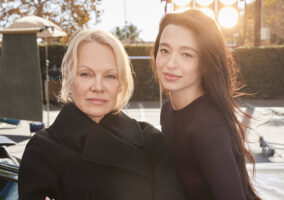In one of three covers for W Magazine Volume 2 The Directors Issue, on stands April 6th, Academy Award winning actor and first time director, Regina King directs Oscar-, Emmy-, and Golden Globe–winning actress Viola Davis in Black Americana: A Photo Essay on Love and Pain. Shot in the West Adams neighborhood of Los Angeles, the portraits are a classical portrait of Black American life. Davis is joined by her husband, Julius Tennon, an actor and a producer, and their 10-year-old daughter, Genesis the story’s narrative depicts a family enjoying a Saturday afternoon at home, after which, Mom and Dad go out on the town that night, the following morning they all head to church, and once they’re back home, the Mom receives a horrible phone call.
It’s a seriously impactful look at what King terms Black Americana. Elaborating Regina King says, “I don’t think any of us are particularly happy with the state of America, but we still embrace the fact that we are Black Americans, even with all of the things that have happened in history.”
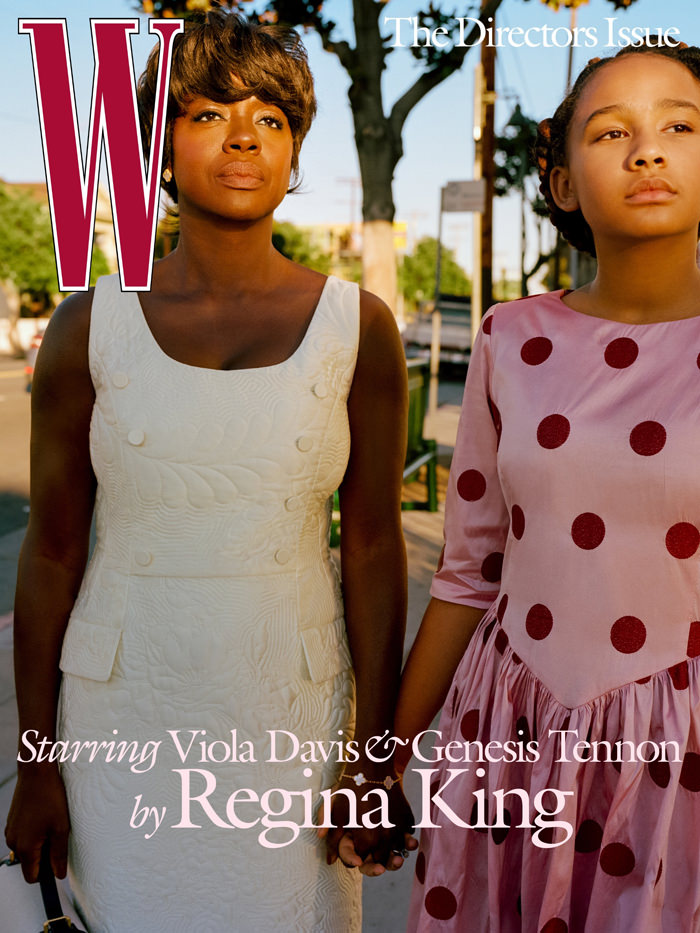
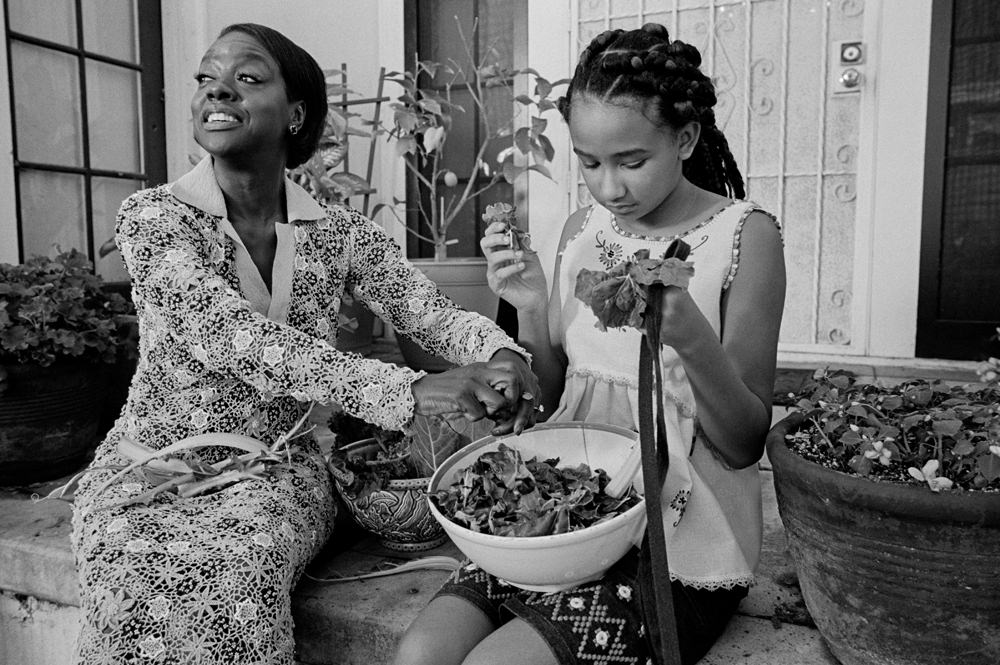
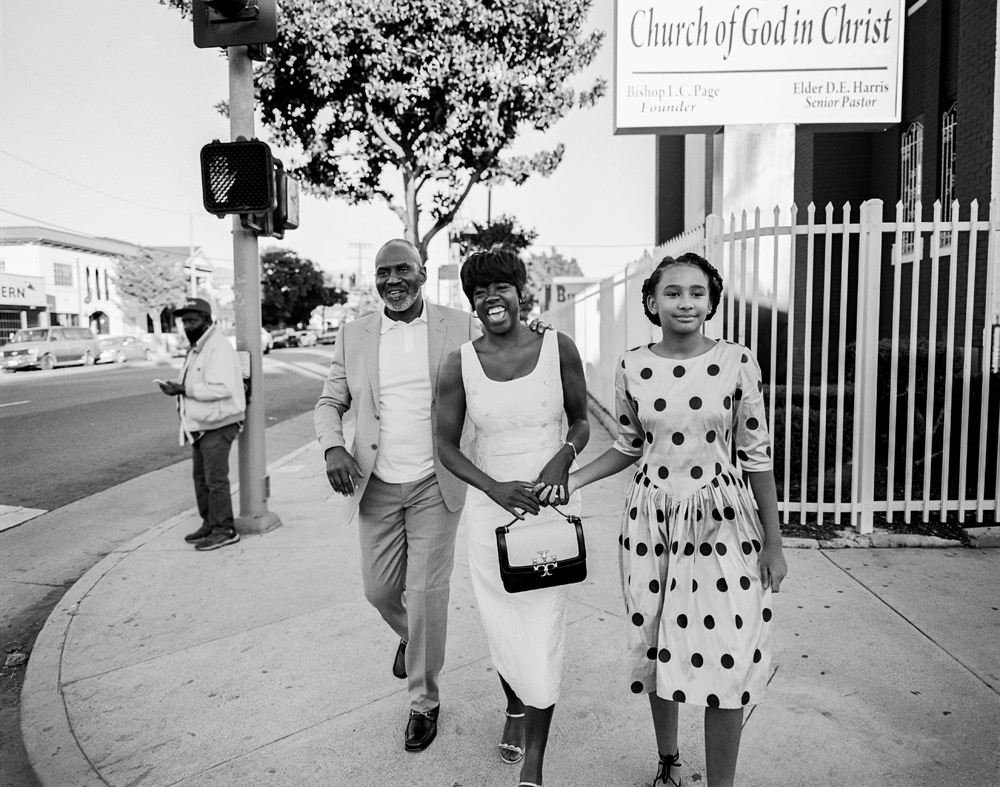
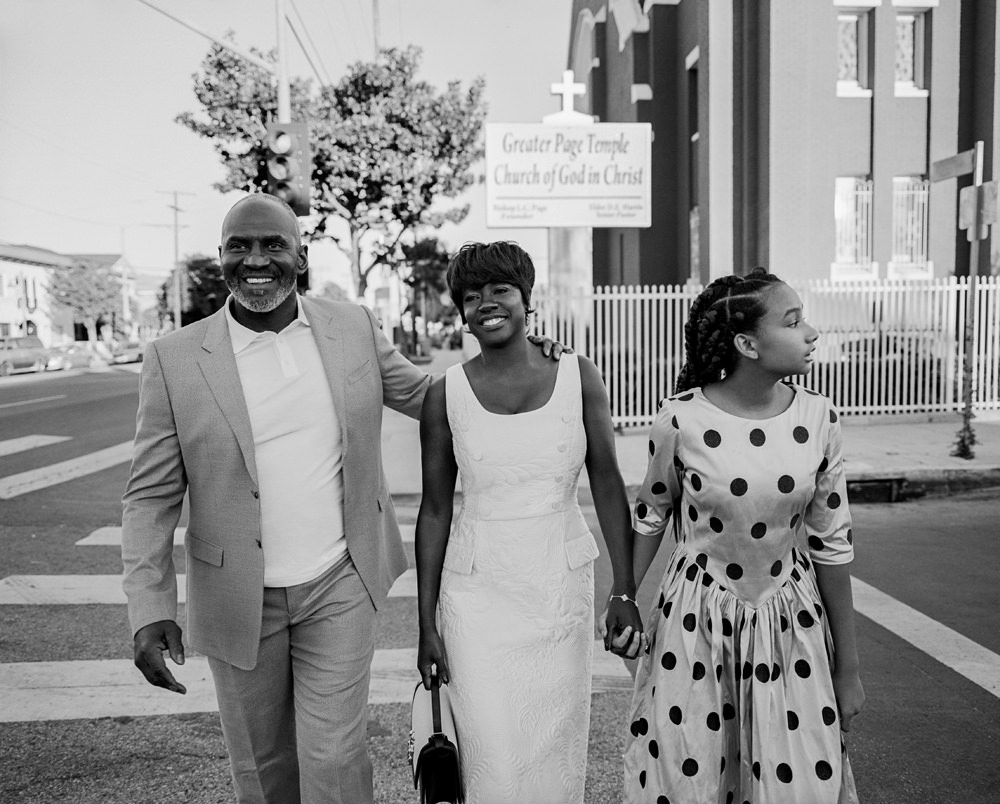
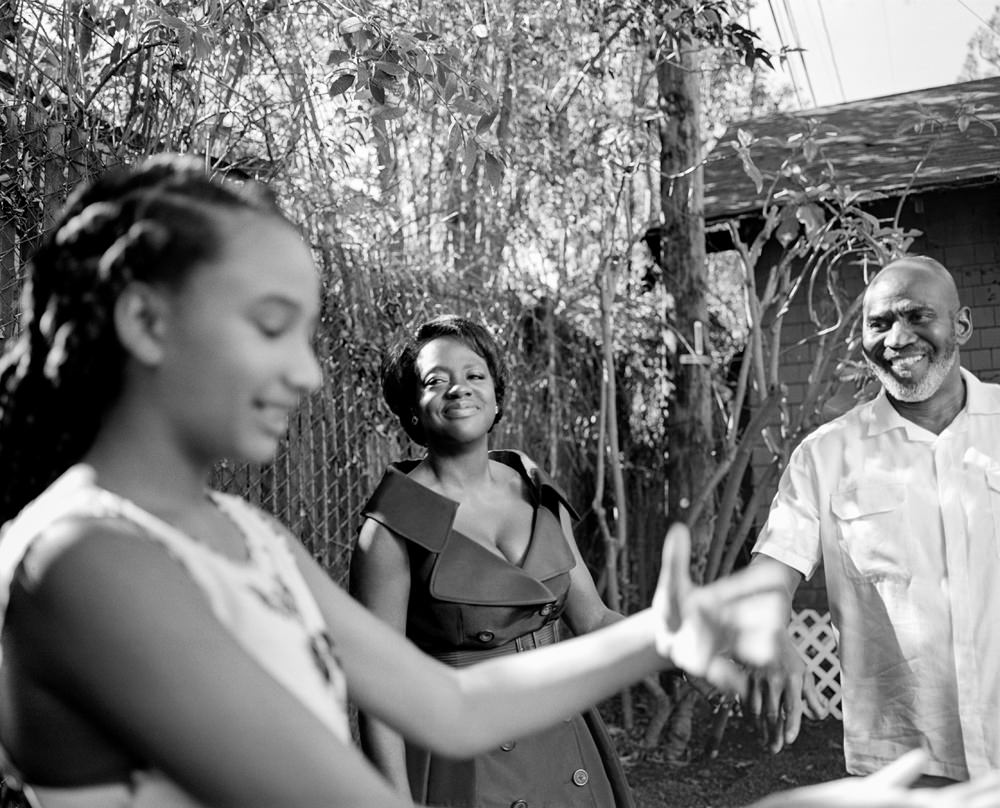
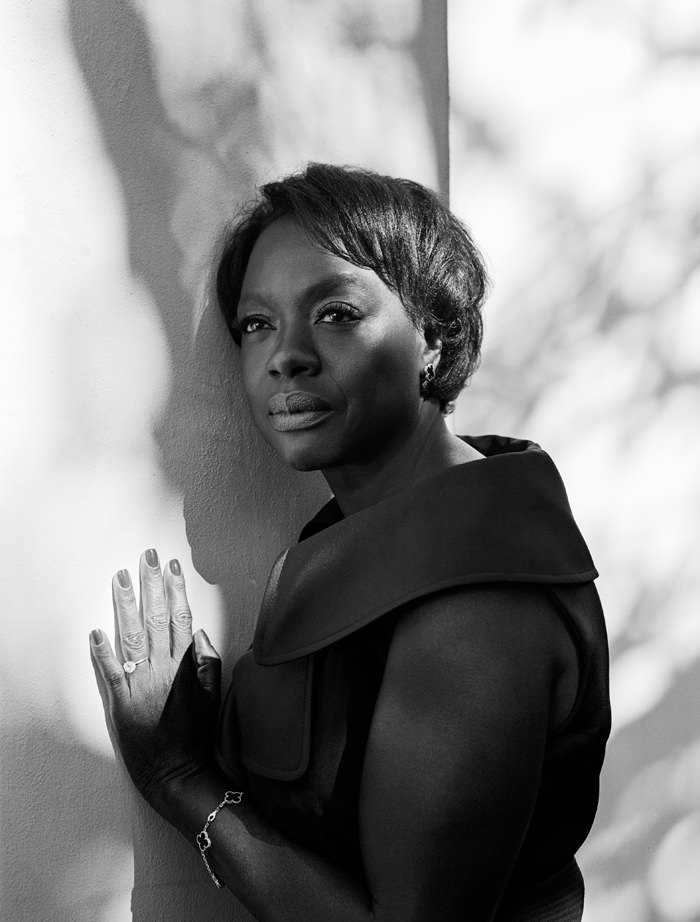
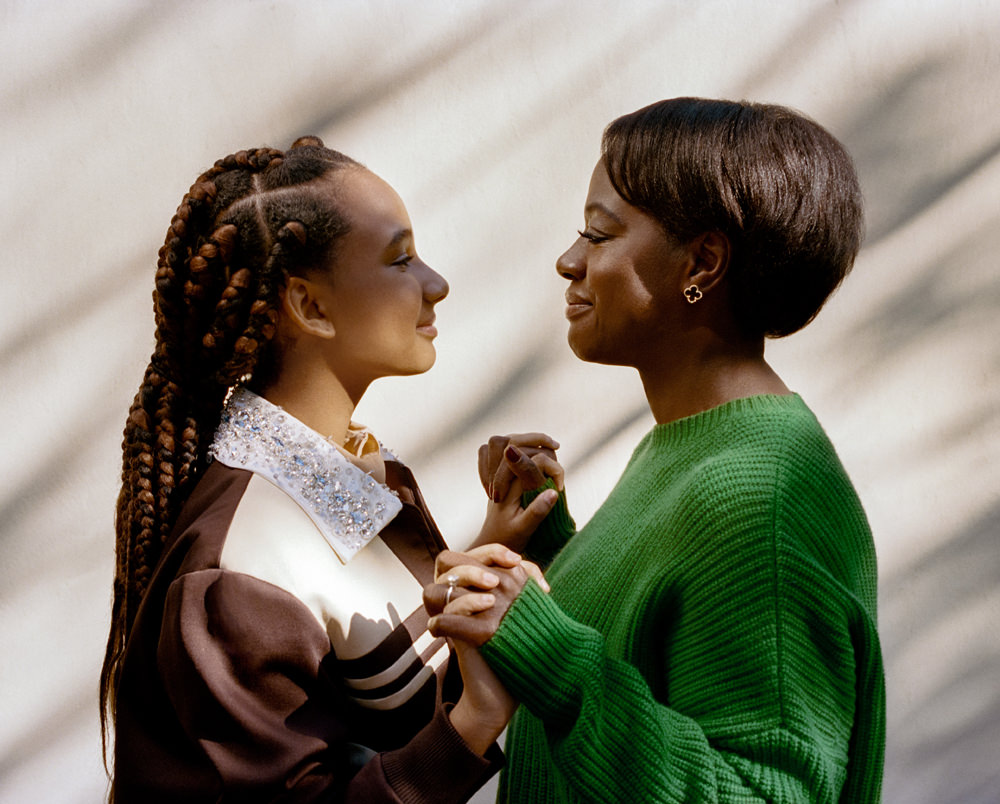
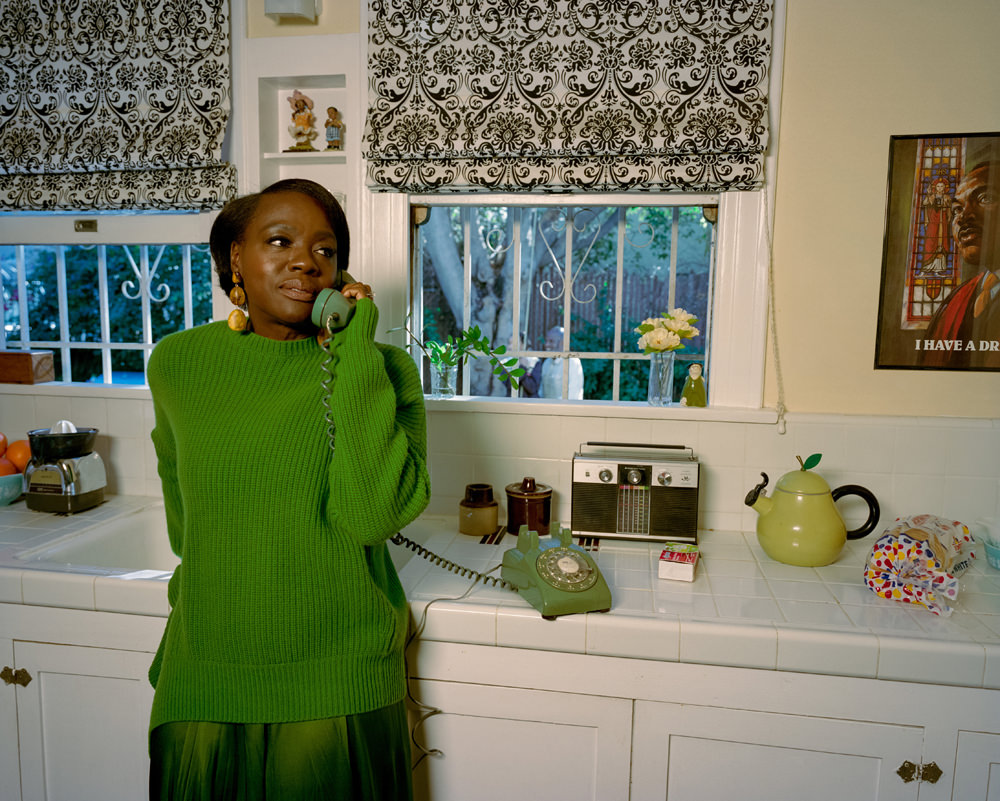
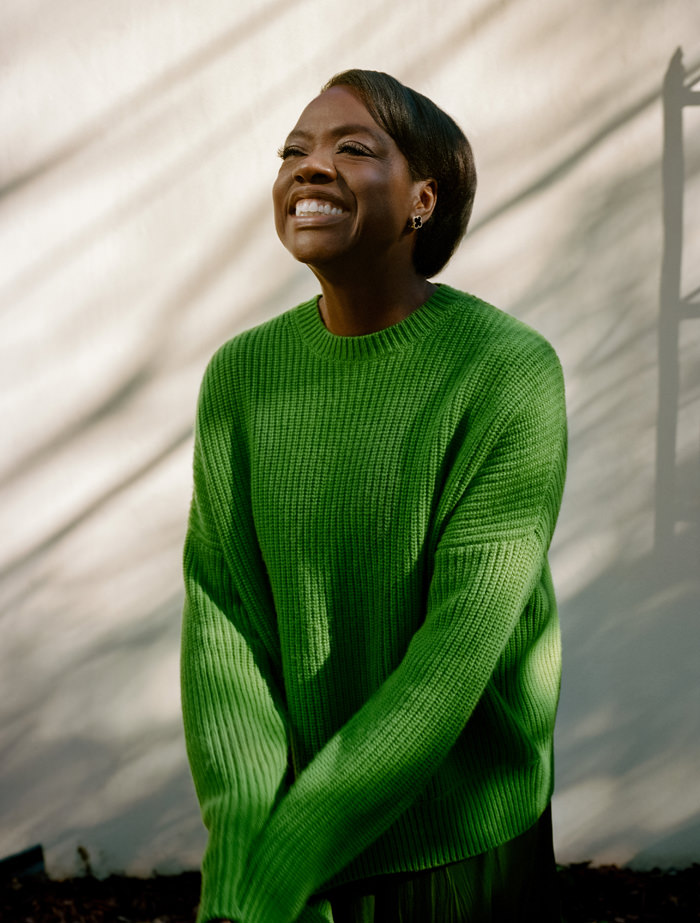


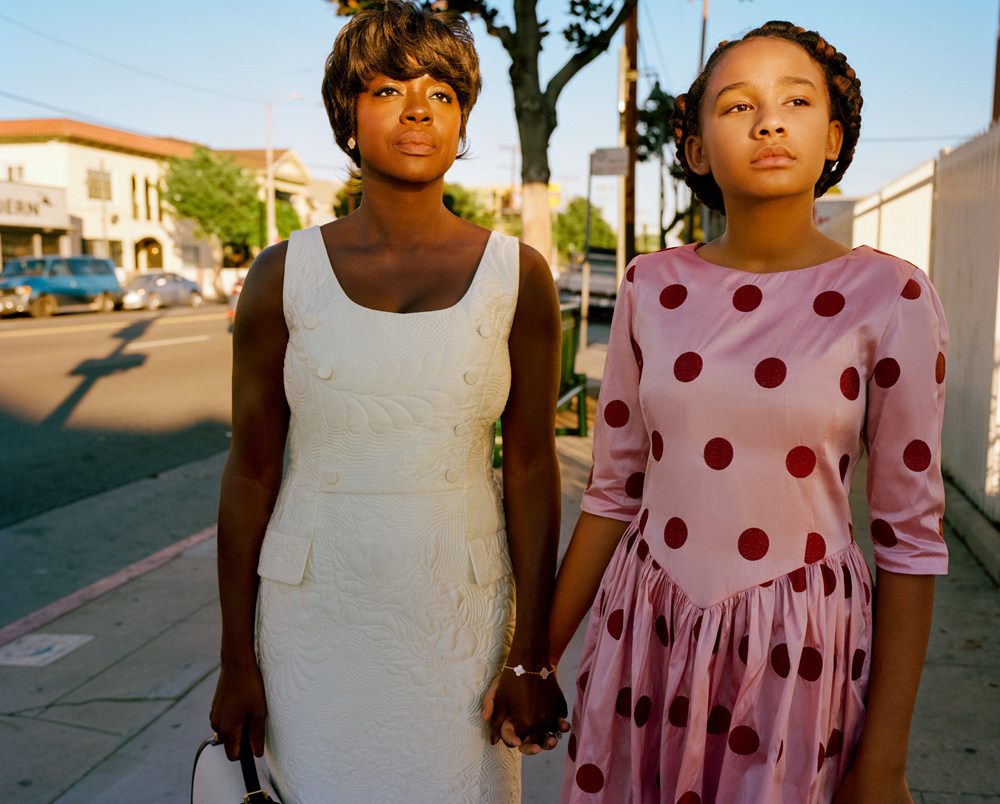
Regina King recalls the music of legendary Nina Simone and the feelings it evokes: “It’s sad, but we still have this thing about us as Black people that, while we have the burden, we believe in giving it to God, and that our spirits are or will eventually be freed. You feel the weight of the world, but you’re hearing Nina’s voice and what she’s saying, and somehow you believe it’s going to be okay.”
Regina King on how she felt like she prepared for becoming a director throughout her entire life: “As an actor, I was paying attention and not really knowing why I was paying attention—why I would stay behind, why I would be on set when it wasn’t even my scene. I didn’t really know why then, but I know now.”
Regina King on the importance of collaboration: ““I’m not really interested in being a part of something if it doesn’t feel collaborative, whether it is as a director, an actor, or a producer. By not wanting to include other people’s ideas, you could end up with something really unimaginative.”
Viola Davis explains that King’s insistence on capturing Black life in its totality was what drew her to participate in this project: “There’s a life beyond the tragedy, there’s life even within the tragedy, and there was a life before the tragedy,” she said. “That you can be experiencing moments of joy when tragedy comes in and invades your life, and then it melts into something else—we understand that about life in general, but not always with Black folks in it. This is the first time I’ve ever done a photo shoot like this.”
Viola Davis laments on the continued racial stereotypes at play in Hollywood despite all the progress that’s been made: “It becomes about reinterpreting who we are to either look better than what we are, more noble, more aesthetically beautiful in a sort of assimilationist realm, or it’s another version of Blackness that is downtrodden.”
Viola Davis recalls studio executives scoffing at the idea that she could be considered sexy enough to have an attractive husband on How to Get Away With Murder: “I feel like there is still a filter that we have to go through, and by the time you see us on-screen, we’ve become almost a Mr. Potato Head of who we actually are,” she continued. “You’ve got to snip out this part for white people because it’ll become an indictment. And then what’s left is a huge lie. An apologetic lie.”
[Photo Credit: Andre D. Wagner for W Magazine]
RuPaul’s Drag Race: Nice Girls Roast Next Post:
Michael B. Jordan and Chanté Adams Kiss On the Set of “A Journal for Jordan”
Please review our Community Guidelines before posting a comment. Thank you!


